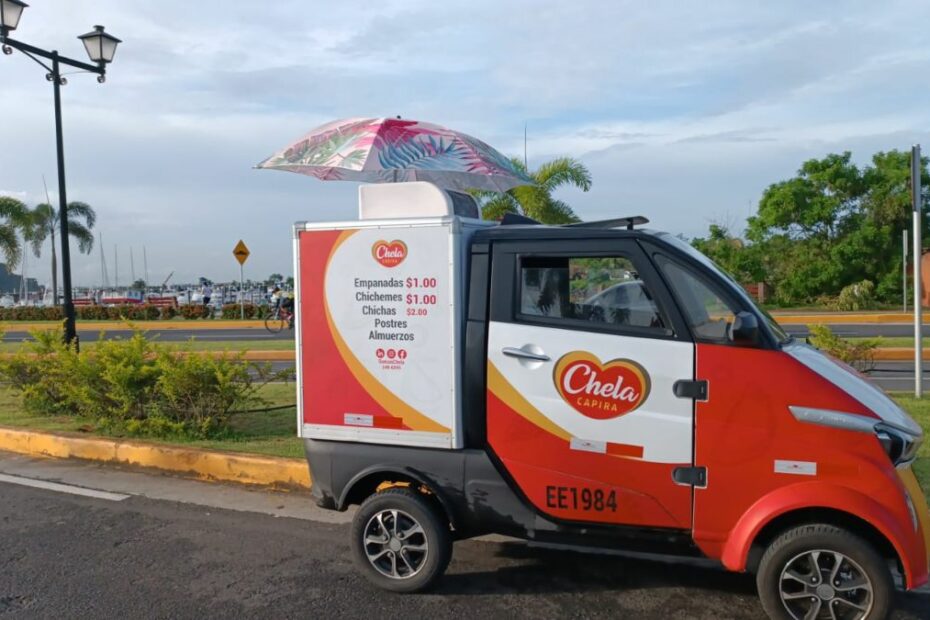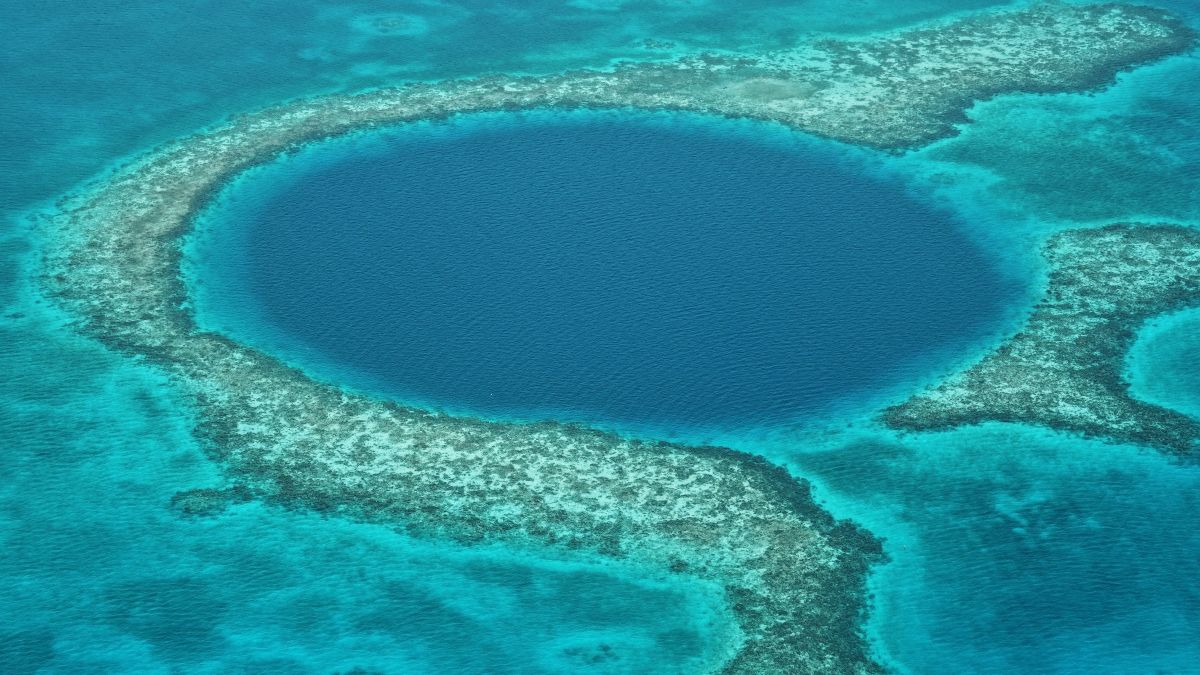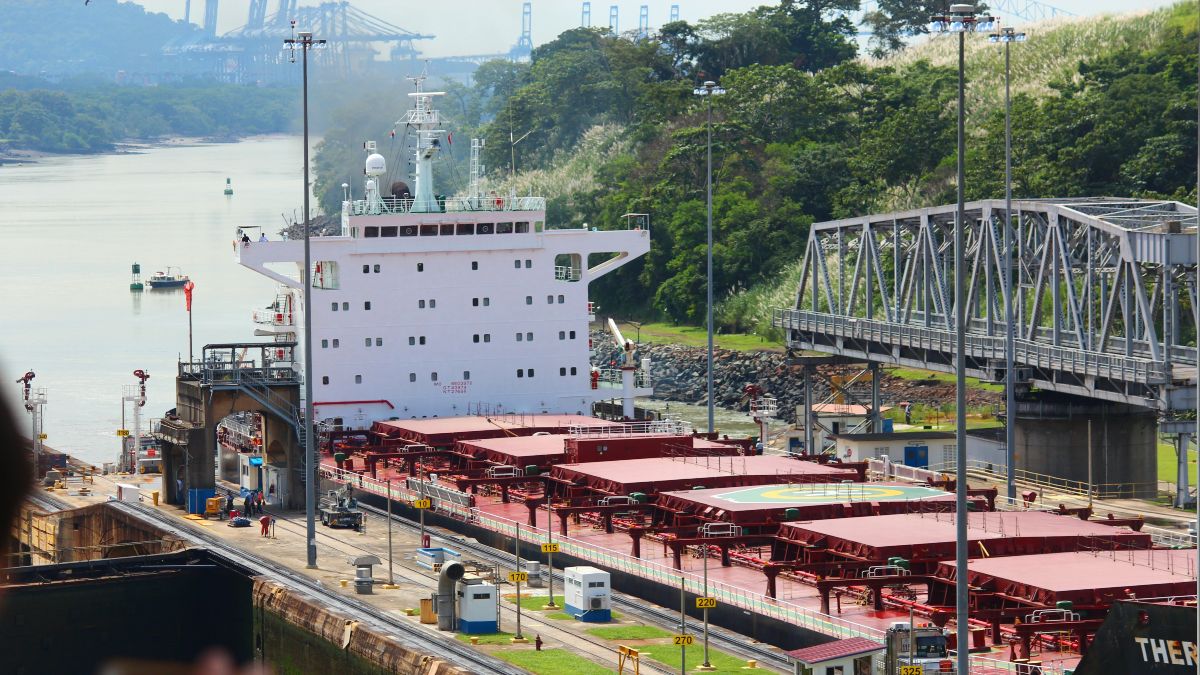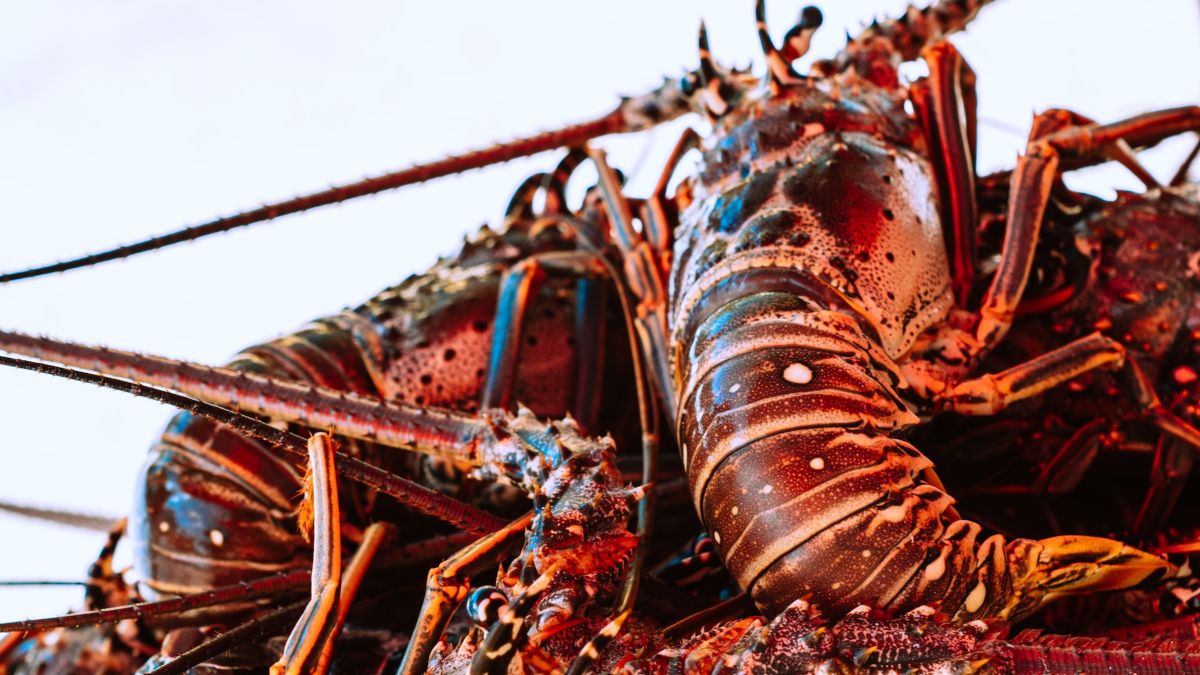In the first of a two-part series, Panama City-based writer Robert Thornett looks at two iconic Panama brands and the multicultural roots that are key to their success. He starts with Quesos Chela.
At the crossroads of the Americas, Panama has, for centuries, been a crisol de razas, a cultural melting pot. European, indigenous, and African populations have mixed here since the 16th century.
Starting in the mid-19th century, large waves of Chinese, Europeans, West Indians, and South Asians arrived to build the Panama Railway and later the Panama Canal.
The US-controlled Panama Canal Zone-era brought American culture and hundreds of thousands of U.S. soldiers and civilians to Panama. And steady Jewish migration over the centuries has led to a well-established Jewish community of some 20,000, which has produced three Panamanian presidents.
Today, two unique family businesses are carrying on the Panamanian tradition of bridging cultures while thriving on local agriculture. In the first of a two-part series, we look at one of them, Quesos Chela.
Emilio Ho was new to the dairy business in 1984, when his Chinese-Panamanian family bought the small cheese producer Quesos Chela (Chela Cheeses), which has now become an iconic brand.
“I’m a city guy. I’m not rural. But I am a foodie,” Ho says over omelet and cappuccino on a Saturday morning at Artisana 1984, his popular artisanal cheese shop and restaurant in the Cangrejo neighborhood of downtown Panama City.
Quesos Chela was founded in 1969 by a Jewish immigrant from Poland, and when Ho acquired the company, it produced only four types of cheeses.
“The original dairy was not even pasteurized,” he says. “We were pressing cheese with 30-pound cement blocks, instead of the pneumatic press we have today. One customer wanted their cheese doubly-pressed, so we had to put two stones on it.”
But with almost four decades under Ho’s leadership, Quesos Chela has grown into a high-tech operation with 200 employees and milk collection centers in both the east and west of Panama, which receives and chills milk from over 300 local producers.
Despite competition from multinational dairy corporations, like the Costa Rican giant Dos Pinos, Quesos Chela today produces the largest selection of dairy products in Panama, including over 50 types of cheeses and diverse types of flavored butter, goat milk, yogurt, sour cream, fermented milk, and juices. It supplies all the major supermarkets in Panama, in addition to his own retail stores.
When you move to Panama, you still need to eat, despite the cost of living crisis. So where’s best for grocery shopping in Panama City for an expat? https://t.co/b9QCGpl8ai
— Central America Living (@VidaAmerica) July 20, 2022
Many of Quesos Chela’s first retail customers were surfers.
Its main cheese processing plant and original store are in the small town of Capira, along the Pan-American highway between Panama City and popular beaches, like Gorgona and Coronado.
“Surfers would stop and buy a loaf of bread and stick in the cheese, or they ate our cheese empanada. They grew up, they had children, and they had more children. We’ve been around for over 50 years, and with that kind of time, you bridge at least three generations. What you build is memories.”
Ho credits his company’s commercial success partly to his strong roots in three cultures. He was born and raised in the port city of Colón inside the former Panama Canal Zone, which was an official U.S. territory between 1903 and 1979.
US mail came and went under the state abbreviation CZ, and US public schools educated young “Zonians,” children of Americans working for the U.S. military or the Panama Canal Company. But non-U.S. citizens could pay to attend, and so it was that Ho attended an American public school, Cristóbal Junior and Senior High school, from sixth through twelfth grade.
There, he became fluent in English, to add to his native fluency in Spanish and Hakka Chinese. He later attended Florida State University in Tallahassee and returned to Panama, where he worked for over a decade in business and finance for US multinationals Colgate-Palmolive and Chase Manhattan Bank.
“Working with US companies gave me an understanding of quality control and the networks I needed to get new technologies,” says Ho.
“I’m ethnically Chinese, culturally Hispanic, and US-trained. It’s a very unusual background. It gives you a lot of perspective on managing clients and cultural relationships. My Chinese background gives me a work ethic and respect for people. We care for our customers, and the caring attitude comes from the Chinese part.”
Ho’s parents were born in Panama but educated in China, and they taught him all the basics of cooking.
“They were very meticulous in how to handle the meats, what vegetables go with what… I learned from them an appreciation for fine food. It makes me very critical—which is good in a civilized country but not good in an uncivilized country, where they think you’re pulling their leg,” he says with a laugh.
“And my Panamanian background taught me to be connected locally, not just to Hispanic culture, but to understand cultural preferences, like Jewish, Hindu, Muslim.
“The dairy business is a basic need for these cultures here. They all have their regulations. It has to be free of whatever contaminants the culture stipulates. So for example, we have a Jewish Kosher supervisor who goes through the plant six days a week.
“Our founders were Jewish and provided Panama’s Jewish community with dairy products, and we have respected that practice. But there’s also a heavy European influence on the products we make.”
View this post on Instagram
Continually learning and improving…
Over the years, Quesos Chela has brought in technical advisors from Germany, the Dominican Republic, and Mexico to develop new ways of making yogurt, new types of cheeses, and ways to stretch milk during Panama’s annual summer shortages.
“We’ve never stopped increasing our technical know-how. It’s been a journey, a constant learning process, for over 35 years,” says Ho.
When Ho’s family bought Quesos Chela in 1984, Panama was led by dictator Manuel Noriega, who steered the country into several political crises.
In 1988, as part of the sanctions against Noriega, the Bush administration froze the assets of all Panamanian banks in the U.S. Fearing a run on cash, Panama’s banks closed for nearly a month.
“Just imagine: All the banks shut down, the whole banking system. The entire country had to learn how to barter. We had paid our milk producers, but we had to barter with other suppliers. Everybody was in the same boat.”
In 1989, many businesses in Panama City were sacked when the US invaded Panama to remove Noriega in Operation Just Cause.
“The whole city was destroyed,” says Ho.
Over the years that followed, Panama went through a period of reconstruction. “We took advantage of that moment to start modernizing, upgrading and mechanizing the plant,” says Ho. “After that, Quesos Chela had a good period of prosperity.”
In 2016, Quesos Chela bought a quaint house in the Cangrejo neighborhood and converted it into Artisana 1984, an upscale one-stop shop for all of Quesos Chela’s products, as well as a restaurant, coffee shop, bakery, and logistics center.
Out front, a constant stream of delivery trucks and motorbikes come and go, bringing cheeses to restaurants, hotels, and small supermarkets. The restaurant and bakery inside function as a laboratory where cooks can experiment with new food concepts. Upstairs, the sales offices field orders from around the city.
And outside on the Spanish-tiled patio, Mr. Ho can be found most days drinking from a Chinese teacup, conversing and joking with his longtime Panamanian friends of many ethnic backgrounds, while employees come by intermittently with invoices and questions.
View this post on Instagram
A family commitment.
Mr. Ho says his whole family is part of the Quesos Chela operation, including his three sons Emilio, Thomas, and Raúl, who all attended university in the States (University of Nebraska, Florida State, and Towson University, respectively).
“We don’t sell this business because we have a commitment,” he says. “We believe in and promote locally-sourced ingredients, local manpower, and high quality.”
And at the end of the day, he says, it was his personal interest in high quality food that drove him to expand Quesos Chela’s product selection over the decades.
“Everything I do here is for fun.”
Robert C. Thornett is an educator and writer who has taught in seven countries and currently lives in Panama City, Panama.




